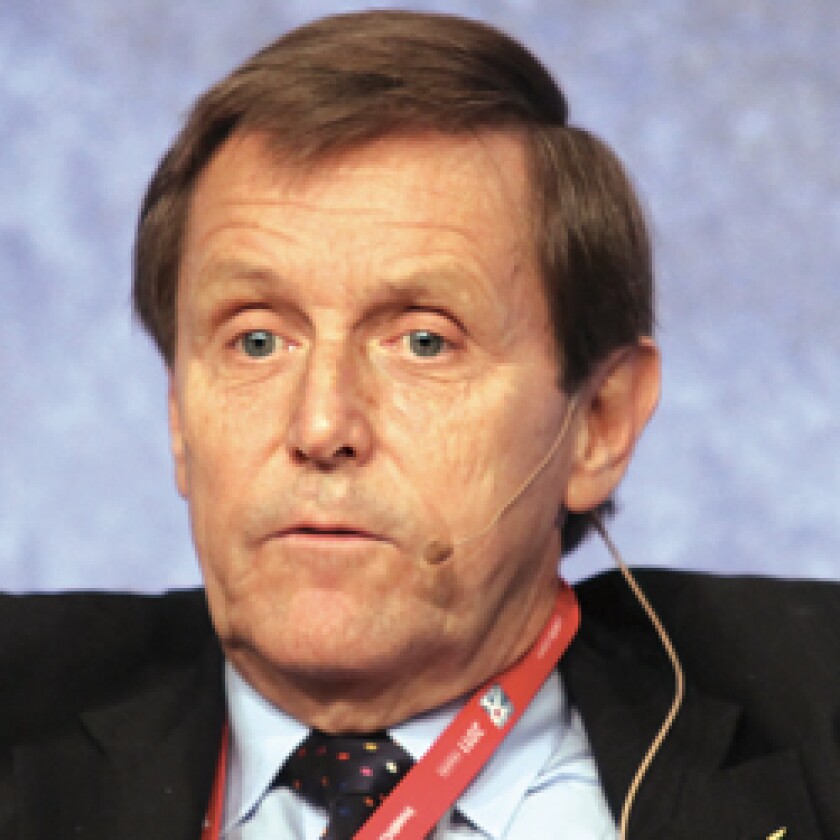A debate among financial leaders on capital controls stepped up a notch yesterday as Brazil, which has resorted to them since last autumn, was reported to be considering new measures.
Private bankers see controls as one of the main threats to economic growth – and to their business – but the public sector admits a limited, short-term role for controls. The challenge now is to see which measures work, if any, and to define when they might be acceptable.
Brazil, which has seen record investment, is at the centre of the storm. Finance minister Guido Mantega, initiator of the “currency war” debate, last year progressively imposed a 6% financial tax on foreign investments in fixed-income.
Now, the government is said to be thinking of extending the tax to cover global bonds denominated in foreign currency.
Rick Waugh, vice chairman at the Board of Directors of the Institute of International Finance (IIF), sees one of the biggest challenges and risks for the region lying in inappropriate policy responses, including the imposition of capital controls.
Some countries have been disappointed they have not been able to deter portfolio and particularly carry trades, but are resorting to inappropriate actions: “We do not see capital controls in general as a productive approach,” he said.
The IIF is set to release a report on enhancing risk management at banks, which it sees as a more useful approach to high inflows. “Measures to limit FX appreciation are doomed to fail,” said Frederick Jaspersen, IIF Director of Latin America.
Other measures, including tighter controls on lending and increases in reserve requirements, are more effective, he believes. Colombia, Chile, Peru and Mexico have indicated they will eschew capital controls with Mexico and Chile stating clearly they don’t work, he says. “If [Brazilian Finance Minister Guido] Mantega could take back the words ‘currency war’ he would,” believes Jaspersen.
Private banks’ dogmatic position is in contrast to a reluctant acceptance in very limited circumstances from the public sector.
Mark Carney, governor of the Bank of Canada, described capital controls as only a third-best option, but believes on occasion they can compliment, albeit not substitute monetary policy.
“Emerging countries are having difficulties absorbing large private flows,” he said. If necessary, such controls should target specific areas and be transparent, as in Chile, which pre-announced a build-up of foreign exchange reserves, he said.
He cautioned though that such measures should be temporary and says emerging markets that resist capital inflows through capital controls often delay monetary tightening.
IMF managing director Dominique Strauss-Kahn has reiterated support in restricted circumstances for controls, saying: “In some cases, capital controls might also be useful. But they should not substitute for fundamental policy adjustments.”
Alicia Barcéna, executive secretary for the Economic Commission for Latin America and the Caribbean (ECLAC), said controls can in cases support the restructuring of capital markets, especially in Latin America which suffers from very incomplete capital market structures.
“Capital controls are an instrument and Chile used them effectively in the 1990s,” she said. It has to be case by case and a crafted instrument.
